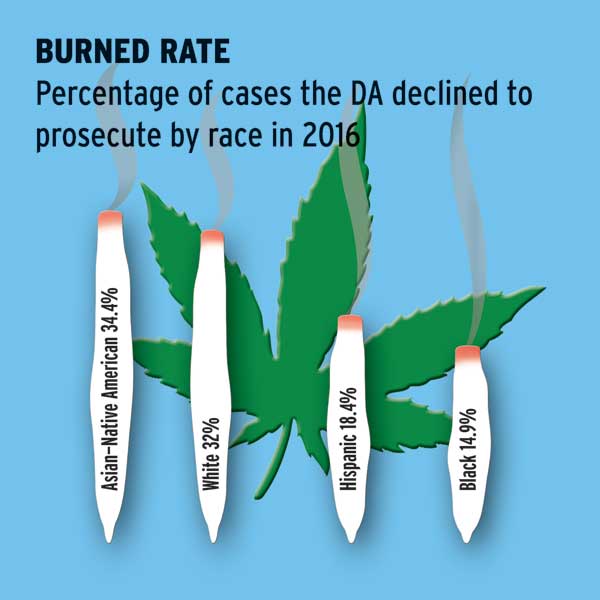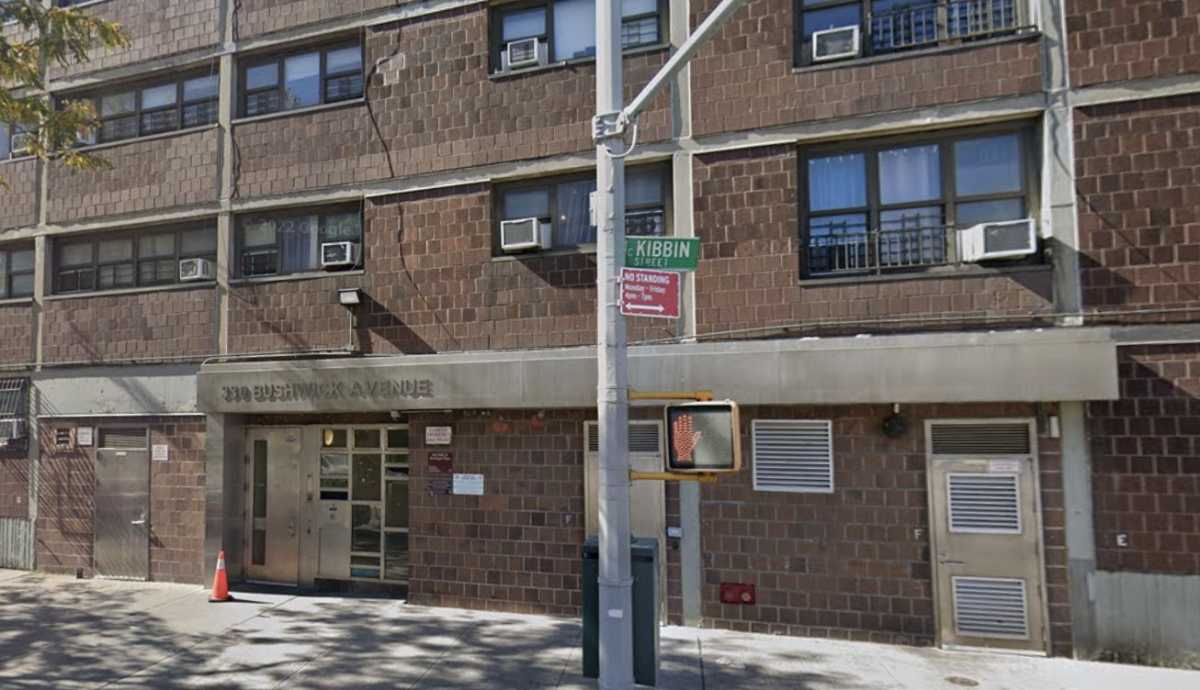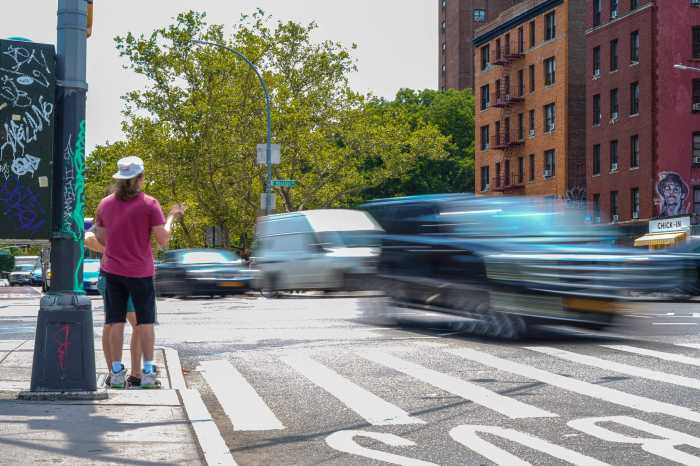This policy has gone to pot.
The district attorney’s office continues to prosecute the majority of low-level weed-possession cases despite its pledge to stop trying petty pot disputes in 2014, and most defendants are people of color, according to a public defender who called the so-called progressive policy a failure.
“If the stated goal was to stop arrests, or stop prosecuting the majority of marijuana offenses, it failed,” said Scott Hechinger, a senior attorney and policy director at legal-advocacy group Brooklyn Defender Services.
Former District Attorney Ken Thompson told voters he wouldn’t prosecute Kings County stoners caught with 25 grams or less of the illicit herb amid his 2013 election campaign against then-incumbent Charles Hynes, stating the drug laws disproportionately affected people of color while at the same time bogged down the court system with cases that typically ended with “adjournment in contemplation of dismissal,” a ruling that lets defendants walk away with clean records as long as they stay out of trouble for a few months.
But the policy Thompson went on to institute before he died in office in 2014, which his successor District Attorney Eric Gonzalez continues to enforce, isn’t a blanket pardon for everyone caught with a little wacky tobaccy.
The late prosecutor saddled the policy with several exceptions, allowing the office to purse charges against individuals found with minimal amounts of Mary Jane if the case involves a search warrant or if the defendant has prior arrests or criminal convictions; is smoking in public; is over 18; or has an open warrant.
And as a result, Gonzalez prosecuted 82 percent of all small-time possession charges in 2016, according to Hechinger, who said the district attorney pursued most of those cases as punishment for unrelated crimes, not pot possession.
“If we’re just talking about marijuana, it shouldn’t matter what a person’s record is,” the lawyer said. “All that should matter is that they’re getting caught for smoking a substance that’s legalized in multiple states, and which the national consensus is that it should be legalized.”
But the legal eagle’s argument ignores the fact that weed-related arrests are way down as a direct result of Thompson’s policy, according to a spokesman for Gonzalez, who said that figure plummeted from 12,000 in 2013 to 3,000 last year, liberating thousands of smokers of color in that time.
“When the DA’s office boldly implemented a new policy to decline prosecution of most marijuana-possession cases in 2014, the arrest numbers significantly declined as a result, and the NYPD then followed our lead, dramatically changing the way such cases are handled across the city,” said Oren Yaniv. “Marijuana arrests in Brooklyn dropped by about 75 percent … successfully diverting tens of thousands of people, mostly from poor communities of color, away from the criminal justice system.”
And for the most part, those offenders cops continue to cuff fall within the policy’s exemptions, such as smoking pot on the street — a quality-of-life issue Gonzalez isn’t willing to ignore, Yaniv said.
“The majority of currently prosecuted cases don’t result in criminal convictions and fall outside the policy as they involve smoking in public and other exceptions,” he said.
Black and Hispanic Brooklynites, however, represent a disproportionate amount of those still punished under Thompson’s drug policy, which largely spares White smokers, according to data from advocacy organization the Drug Policy Alliance.
In 2016, 32 percent of White defendants’ cases were dropped, the data shows, compared to 18.4 percent of Hispanics’ and 14.9 percent of Blacks’ — a difference that has remained relatively consistent since the late district attorney instituted the policy in the summer of 2014, according to a Drug Policy Alliance member.
“Blacks and Hispanics are less likely to have their cases dropped,” said Christopher Alexander. “The percentage that a certain racial group gets offered to drop the case is along racial lines.”
And although the district attorney dropped more petty marijuana cases in general after enacting the new policy in 2014, White defendants have since benefitted the most under it, according to the Drug Policy Alliance’s data, which shows that 4.2 percent of White defendants’ cases were dropped in 2013, compared to 4.5 percent of Blacks’ and 5.6 percent of Hispanics’.
The reason for that is likely because the policy’s exemptions favor those living in more-affluent, less-diverse communities, Hechinger said.
“The exceptions clearly were overly broad, and wound up making it far easier for white people to fall outside them rather than the opposite,” he said. “When you look at people with histories of arrest, they’re not arrested because they’re committing more crimes, they’re arrested because there’s a higher police presence in certain neighborhoods inhabited by people of color.”
A panel of experts — which includes Drug Policy Alliance members — that Gonzalez assembled as part of his initiative to enact even more progressive legal reforms by 2020 will review the current pot-possession policy as part of that effort, and is expected to make recommendations that result in revisions to the policy, according to Yaniv.
“We will be revising our practices to reduce the number of marijuana prosecutions even further, and to promote practices that will help alleviate racial inequalities in the justice system,” he said.
But those reforms may not be necessary if Public Advocate Tish James has her way — the local elected joined a bevy of state and city lawmakers at a Tuesday press conference where she demanded New York State legalize weed, arguing the move would lead to a “fairer justice system.”
“We can no longer ignore the shortfalls of our current laws on marijuana,” James said. “Under the broken status quo, individuals’ lives, disproportionately young people of color, have been ruined because of outdated and shortsighted marijuana prohibition and it’s past time we right this wrong.”























